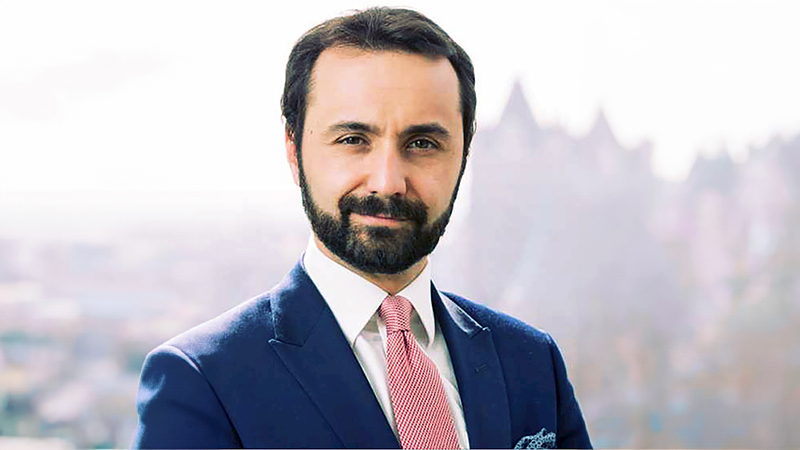The UK government’s mangled Brexit negotiations have contributed to the worst fund selector macroeconomic sentiment since the period immediately after the vote, according to exclusive research conducted by Last Word Media.
Sentiment dropped to 21% in Q3 2018 from 41% in the previous quarter, according to Last Word Research. Macroeconomic sentiment is now in line with the European average. The research surveyed fund of funds, private banks, family offices and wealth managers.

Source: Last Word Research
Corbyn and Brexit a ‘disastrous’ combo
Ben Yearsley, director at Shore Financial Planning, attributed Q3 malaise to the “inept handling of Brexit”.
“As we move closer to March 2019 exit with either no deal or what appears to be a poor deal it’s no surprise that investors and business have become more cautious. The disorderly handling of Brexit has kept the door open for a Labour victory if there was a snap general election around Brexit date.
The prospect of a no-deal Brexit and Corbyn in power is “frankly a disastrous combination”, Yearsley said. However, he reckons once a deal is concluded this will unlock business investment and pull the stock market “out of the doldrums”.
“Personally, although Brexit negotiations are dragging on I think the UK market looks good value. The problem is a no deal Brexit will probably see a sharp market fall so it’s hard to allocate.”

Source: Last Word Research
Likewise, Chi Chan, lead portfolio manager of the Hermes Eurozone strategy, says the decline in UK sentiment is largely to do with the lack of clarity over Brexit and an increasingly negative view on the consequences of leaving the EU with no deal.
“This has been compounded by Donald Trump’s trade war with China. Although it doesn’t directly impact on the UK’s ability to trade with either of them, it introduces friction that will have a knock-on effect.”
Slowing growth and October volatility
Brexit isn’t solely to blame for slumping sentiment with others investors pointing to a slowdown in growth and October volatility.
Growth is slowing across the UK and eurozone, says Anthony Willis, investment manager in the multi-manager team at BMO Global Asset Management.
Willis says: “Much like many places, the concern remains how much more leverage will be needed to keep growth around this level.”
“At a time of rates rising globally, the amount of debt spread across households, corporations and governments is coming into sharper focus – and the fact that debt levels are way beyond those seen in 2007 gives further cause for concern.”
Laith Khalaf, senior analyst at Hargreaves Lansdown says the return of volatility to markets in October also unsettled investors in Q3. Wider concerns about the US-China trade war and US reporting season bought disappointments, from old economy industrials like Caterpillar through to tech giants like Amazon, where 30% growth was not enough to satisfy investors, Khalaf says.
Cash is king heading into 2019
With the macro outlook declining, sentiment is returning towards cash with the asset class ranking behind global emerging market equities and Asia equities for where fund selectors are planning to increase allocations.
Investors could be positioning for 2019 with much lower confidence on the economic, monetary and political outlook than at the start of the year, Willis says.

Source: Last Word Research
“Despite the recent correction in markets seemingly coming to an end after the US mid-term elections, the outlook remains very uncertain given economic growth looks to have peaked and earnings growth is likely to slow.
“Cash may well be preferred to bonds as a safe haven given the potential for bond yields to push higher as inflation edges higher and central banks respond.”
Willis says investors can expect further volatility as financial conditions begin to tighten and central banks switch from the monetary largesse of the past nine years to a monetary policy more in line with rising inflation and tight labour markets.
“Overall we think that investors should expect further volatility in markets with economic growth having peaked and interest rates on the way higher – but this does not mean that there won’t be investment opportunities.”











